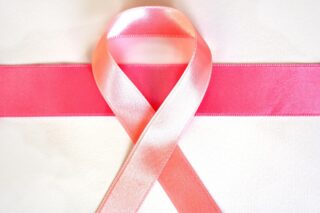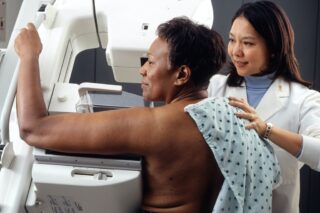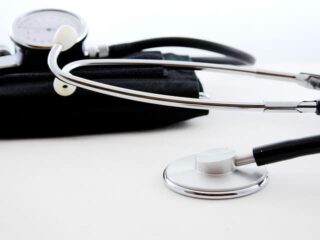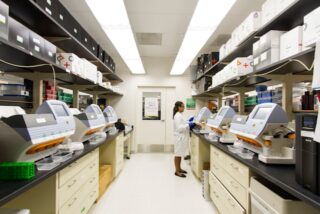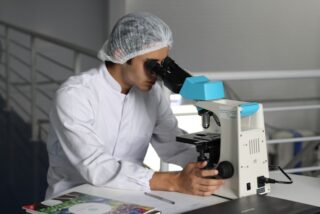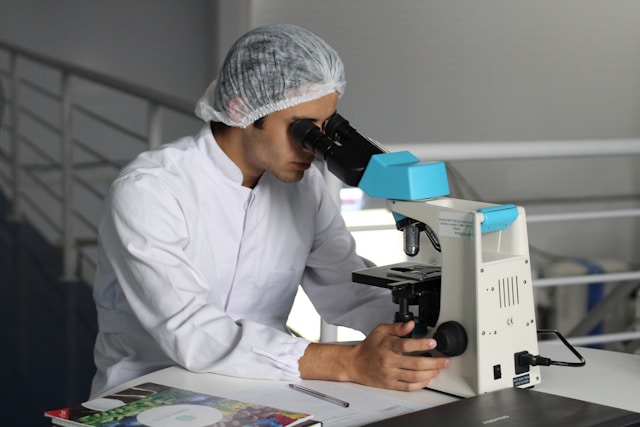
Cancer is one of the most feared diseases, but there are many ways to lower your risk. While no method can completely prevent cancer, taking the right steps can help you stay healthier and catch problems early. Doctors recommend a mix of healthy habits, regular check-ups, and awareness of your body. Here’s what you need to know.
Eat a Healthy Diet
What you eat plays a big role in your overall health. Some foods can increase the risk of cancer, while others help protect against it.
Eating a diet full of fruits, vegetables, and whole grains is one of the best things you can do for your body. These foods contain antioxidants, which help fight cell damage. On the other hand, processed meats, fried foods, and sugary drinks have been linked to a higher risk of cancer.
It’s also important to limit alcohol. Studies show that drinking too much alcohol can increase the risk of certain cancers, including breast, liver, and throat cancer. The safest option is to drink in moderation or avoid alcohol altogether.
Stay Active Every Day
Exercise is not just for weight loss—it’s also a great way to reduce cancer risk. Doctors recommend getting at least 30 minutes of physical activity each day. This doesn’t mean you have to run a marathon. Even simple activities like walking, cycling, or gardening can make a difference.
Staying active helps keep your immune system strong, which is important for fighting off diseases. It also helps regulate hormones, such as estrogen and insulin, which have been linked to certain cancers.
Even if you have a busy schedule, finding small ways to move can help. Take the stairs instead of the elevator, stretch during TV commercials, or go for a short walk after meals.
Get Regular Cancer Screenings
Cancer screenings are one of the best ways to catch cancer early, when it is easier to treat. Different screenings are recommended based on age, family history, and lifestyle.
- Mammograms: Women over 40 should have regular breast cancer screenings.
- Colonoscopies: Adults over 45 should get screened for colon cancer.
- Pap smears: Women should have routine cervical cancer tests starting at 21.
- Skin checks: If you have moles or unusual spots, see a dermatologist.
If cancer is found early, treatment is often more successful. Many people avoid screenings because they don’t feel sick, but cancer doesn’t always have symptoms in its early stages.
Know Your Family’s Medical History
Cancer can run in families. If close relatives have had cancer, your risk may be higher. That’s why it’s important to talk to your family and learn about their medical history.
If you know that cancer runs in your family, you may need to start screenings earlier than the general recommendations. A doctor can help determine what tests are best for you based on your family history and personal risk factors.
Genetic testing is also an option for people with a strong family history of certain cancers. This test can show if you have inherited genetic mutations that increase cancer risk. While this information can be helpful, it’s not a guarantee that you will or won’t develop cancer.
Avoid Smoking and Other Harmful Substances
Smoking is one of the leading causes of cancer. It is linked to lung, throat, mouth, and bladder cancer, among others. Even if you have been smoking for years, quitting at any time can lower your risk.
Secondhand smoke is also dangerous. If you live with a smoker or are around smoke regularly, you are still at risk. Encouraging loved ones to quit can benefit everyone in the household.
Other harmful chemicals, such as asbestos, benzene, and air pollution, have also been linked to cancer. If you work in an environment with hazardous materials, follow safety guidelines to limit your exposure.
Protect Your Skin from the Sun
Skin cancer is one of the most common cancers, but it is also one of the most preventable. Protecting yourself from UV radiation is key to lowering your risk.
- Wear sunscreen with SPF 30 or higher whenever you go outside.
- Avoid tanning beds, which can be even more harmful than natural sunlight.
- Wear protective clothing, hats, and sunglasses to block UV rays.
- Try to stay in the shade during the hottest hours of the day (10 AM to 4 PM).
Checking your skin regularly for new or changing moles can help you catch potential problems early. If you notice irregular growths, spots that change color, or sores that don’t heal, see a doctor as soon as possible.
Manage Stress and Mental Health
While stress itself doesn’t cause cancer, it can weaken the immune system, making it harder for your body to fight off diseases.
Finding ways to manage stress is important for overall health. Some good methods include:
- Meditation and deep breathing exercises
- Spending time with loved ones
- Getting enough sleep
- Practicing hobbies that relax you
Chronic stress can also lead to unhealthy habits like smoking, overeating, or drinking too much alcohol—all of which can increase cancer risk.
Be Mindful of What You Put in Your Body
Many people are concerned about chemicals in food and the environment. While not all chemicals are harmful, it’s good to be aware of what you are consuming.
- Limit processed foods with artificial additives and preservatives.
- Drink clean water and avoid plastic bottles with BPA, which may affect hormone levels.
- Eat organic when possible to reduce exposure to pesticides.
The link between chemicals and cancer is still being researched, but choosing natural and minimally processed foods is a safer bet.
Avoid Risky Behaviors
Some lifestyle choices can increase cancer risk without you realizing it.
- Unprotected sex increases the risk of infections like HPV, which can lead to cervical, throat, and anal cancer. Using protection and getting the HPV vaccine can lower this risk.
- Sharing needles or unsafe tattoos can increase the risk of infections like HIV and hepatitis, which are linked to liver cancer.
Making safer choices in daily life can protect you from avoidable health risks.
Small Changes Can Make a Big Difference
Preventing cancer is not about one big change, but rather a combination of small, everyday choices. Eating well, exercising, getting screenings, and avoiding harmful substances can all help lower your risk.
Just like making smart choices at casino not on GamStop can improve your gambling outcomes, making smart health decisions can improve your long-term well-being. The key is consistency—taking care of your body over time leads to the best results.
Cancer is not always preventable, but early detection and healthy habits can greatly improve your chances of living a long and healthy life.

